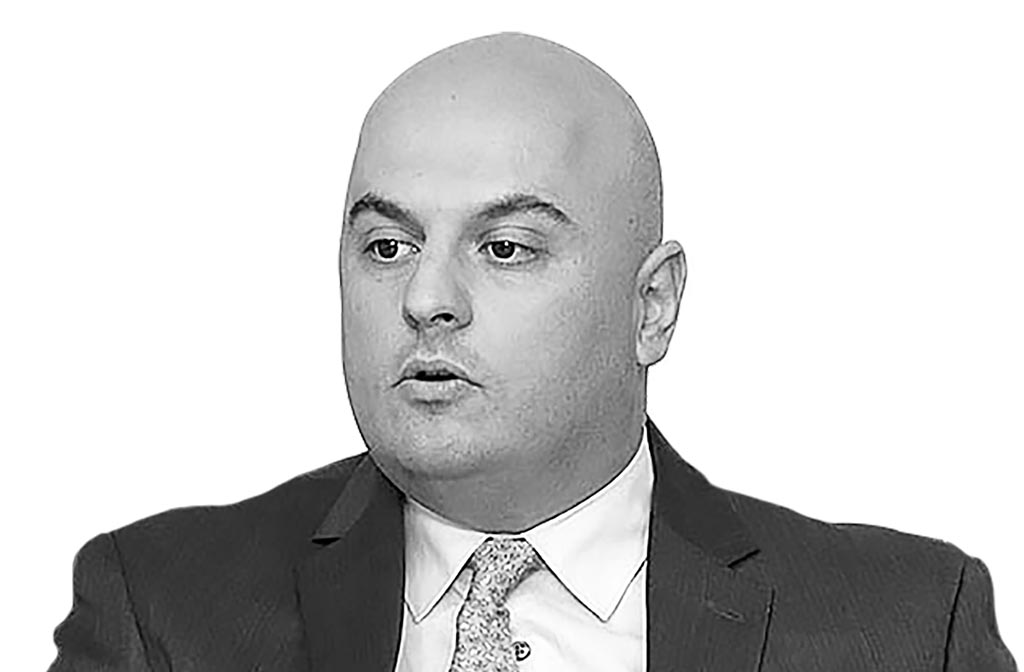By Peter Marko Tase (Marquette University, Senior Fellow on the Geopolitics and History of Latin America and the Caribbean)
On July 11th, thousands of frustrated citizens of Cuba joined street protests in Havana, Santiago and other cities; while chanting “Freedom” and “Down with Fidel” they called for President Miguel Diaz-Canel to step down.
These are the biggest anti-government demonstrations on the Communist-run island in decades, erupted by Cuba’s worst economic crisis since the decade of 1990s, the country is going through an increase of coronavirus infections and there is an overwhelming shortage of basic goods, pharmaceuticals and a deteriorating public health system. With the collapse of the Soviet Union, Moscow’s privileged status towards the island ended and Cuba was exposed to economic hardships and famine, at a time when European Union lacked global presence and Central Asia’s geography was reshaped with its newly independent countries coming from the Soviet Socialist Republics’ Political System that ended in 1991 and the United States was engaged in the First Persian Gulf War.
The Diaz – Canel regime, bolstered by Raúl Modesto Castro Ruz, has suppressed civil liberties, imposed a limited internet service in the island with the help of Communist China and management of the pandemic is a fiasco.
Sunday’s protests in La Havana echoed the same anger and frustration seen in 1994, when hundreds of Cubans demonstrated their disappointment and desperation onto the oceanfront boulevard of Malecón.
President Díaz-Canel, catapulted into the helm of Cuban Government, lacks the revolutionary stamina of a Castro — a guerrilla fighter credited by his followers for freeing the island from the yoke of U.S. domination — nor has he yet displayed the kind of geopolitical gambit that Castro depended on to fiddle in difficult situations. While Díaz-Canel has shown no aversion to strong-arming and detaining protesters, neither does he have Castro’s decades-long record of consistent and brutal repression of political opponents.
Díaz-Canel is currently dealing with a much more complex situation than the one erupted in 1994 and his ascension to power coincided with a number of abysmal developments. In 2020 gross domestic product shrank by 11 percent and Economy Minister Alejandro Gil has admitted that it may take years for the country to fully recover; the nation is facing an estimated 500 percent inflation rate; and the electrical grid is in ruins.
Protesters are hoping that these events could be a tipping point toward long-awaited economic reforms in the country — with Venezuela in a deep economic crisis, hope remains high for Havana to embrace economic reforms.
For Prof. Pavel Vidal, an economist who teaches at the Pontificia Universidad Javeriana in Colombia: “this means a change in Cuba; we don’t know when and we don’t know how, but it’s undeniable that this will mean a change in the dynamics of economic policy and politics itself in some way.”
Another important data is that Afro-Cubans have consistently been marginalized in the Island, it is estimated that only 11 percent of Black Cubans own a bank account and according to The New York Times 70 percent of Black and mixed-race Cubans do not have internet access, and scholars have fought for years to have Afro-Cuban history taught in schools.
Furthermore among the black communities there is not a single position about the Cuban revolution; there are Black citizens that have been longtime supporters of the revolution who feel uncomfortable to critique the way the revolution has ignored racism and not centered towards Black folks. However Cuba’s lessons and miserable communist regime are tremendously important to those in the European Parliament advocating for communist ideology and open borders; instead to embrace a market economy.

